4 Ways Using Less and Going Slow Can Deliver More

Climate change is a global modification of the climate over a long period of time (from decades to millions of years), and these changes can occur regionally and globally.
By climate change, we mean the increase in temperature from the middle of the 20th century to the present day. The cause, human or other, is an argument meant to distract us from solving this threat to our species. Here are four practical solutions.
1. Break Plastic Addiction: Just Say No
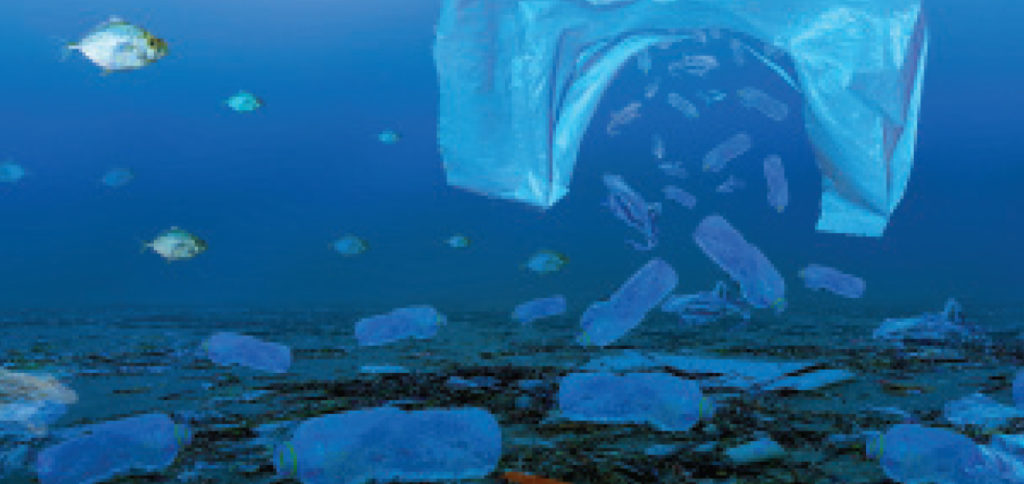
To reduce waste and protect ecosystems, The Netherlands will ban many disposable plastics beginning summer 2021. The ban will include plastic cutlery, cotton swabs, straws, cups, and bottles. It’s the latest in the country’s string of reforms to cut back on waste. In 2016, it banned free plastic bags, and citizens are charged for waste disposal while recycling is free. So, the more a household recycles, the lower its waste bill. From 2021, the EU will also ban a range of single-use plastic items, joining an increasing number of places making new laws to tackle plastic pollution. Use of plastic around the world has increased 20-fold in the last 50 years. Eight million tons of plastic contaminate marine ecosystems every year, and according to the UN Environment Programme, plastic production accounts for 6% of the world’s global oil consumption and produces one percent of global carbon emissions. What does your country do to fight plastic waste?
2. Pocket Forests Fight Climate Change

Tiny urban forests could be a secret weapon against climate change. Half the size of a football field, they can be squeezed into school playgrounds or alongside roads. The idea is the brainchild of Japanese botanist Akira Miyawaki (above), who realized his country’s woodland was largely non-native. He set about planting 1,700 pocket forests throughout Asia and the world, and other countries have caught on to the idea. Now 93, he has planted more than 40 million trees in 15 countries. The mini-forests are created by planting native species very close together, which grow 10 times faster than conventional forests, generate 100 times more biodiversity, and store 40 times more carbon. The Netherlands has planted 85 Miyawaki forests, while more than 40 have taken root in Belgium and France. The world is facing a biodiversity crisis with 1 million species at risk of extinction, many within decades. Researchers at Swiss research university ETH Zurich have identified mass tree planting as a cheap and green way to lock carbon into the soil. What could you do on that unused piece of land outside your office?
“Tree planting is to plant tomorrow — to plant life, and to plant trees in your heart.”
— Akira Miyawaki
3. Slow Travel is Growing (Again)
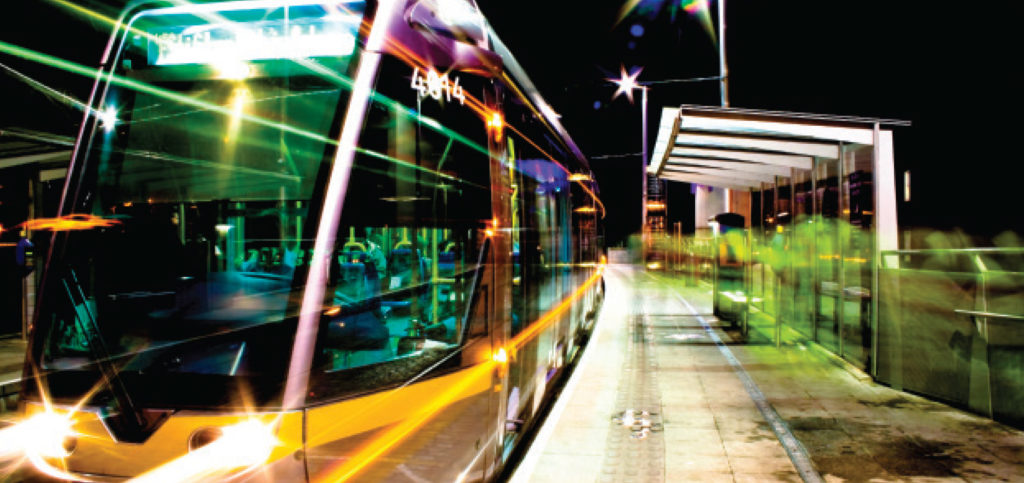
Europe is turning to night trains to fight climate change. From 2021, you can go to sleep in Vienna and wake up in Paris. Or bed down in Zurich and breakfast in Amsterdam. By 2023, Berlin and Brussels will join the night route network, and Barcelona could be added by 2024. Night trains fell out of fashion in the 1980s when budget airlines enabled cheap, fast travel, but now, train services are joining forces across eight European countries. The UK government has invested $200 million in sleeper trains between London and Scotland, and Sweden is reinstating international routes. The EU has provisionally agreed to call 2021 the European Year of Rail and says that boosting rail travel could help the bloc reach carbon neutrality by 2050. Consumer behavior has already started to shift. In 2018, 20 percent of Swedes opted for a train over a plane, while Germany counted 151 million long-distance rail passengers in 2019 — a track record. Where would you take an overnight train to?
4. Support Sustainable Fuel: Buy More Whisky?
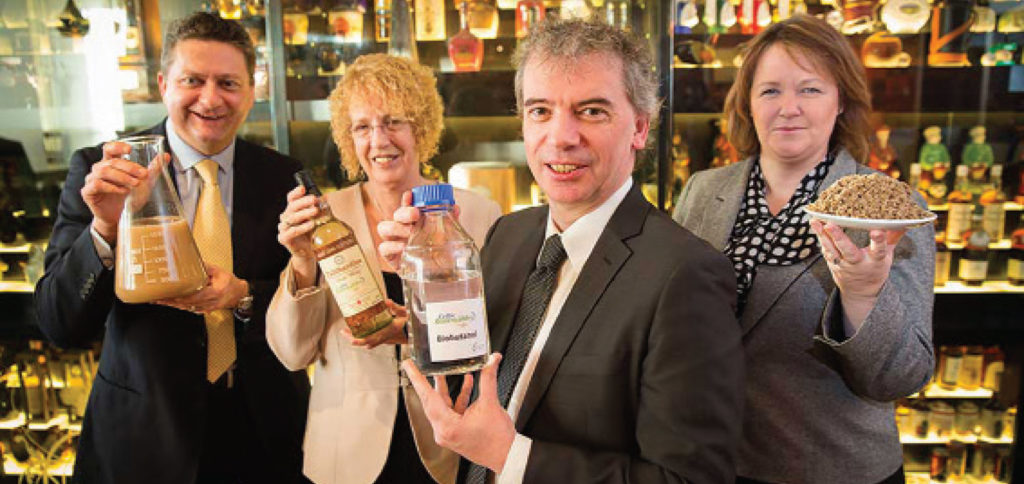
Scottish scientists are making biofuel from whisky byproducts. Only 10 percent of the ingredients used in distilling actually become whisky. Left behind are barley kernels and yeasty liquid that distilleries pay to have taken away. But one Scottish company is turning them into sustainable chemicals and opening the country’s first refinery for whisky waste. Its biofuels can power engines and replace fossil fuel-based agents in paint and cleaning products — even make sustainable hand sanitizer. In 2021, Celtic Renewables, founded by microbiologist Professor Martin Tangney (opposite, center), will turn 50,000 tons of whisky-making residue into 1 million liters of low-carbon chemicals. Its sustainable car fuel, biobutanol, can be mixed with regular gas without harming engines and will help drive down carbon emissions from transport. Innovations like this are key to the energy transition, as the world turns away from fossil fuels to sustainable sources of power. See that pile of waste over there? How could you turn it into something profitable?
“We believe this will become a multi-billion-pound global business with the opportunity to turn transport green.”
— Professor Martin Tangney


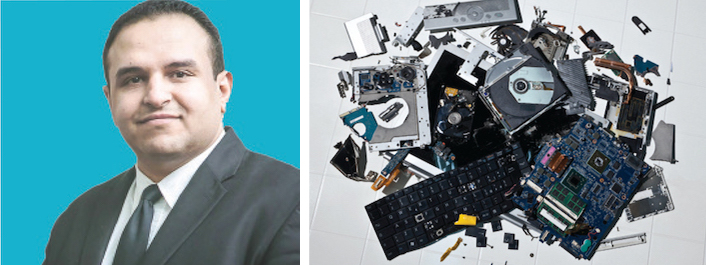
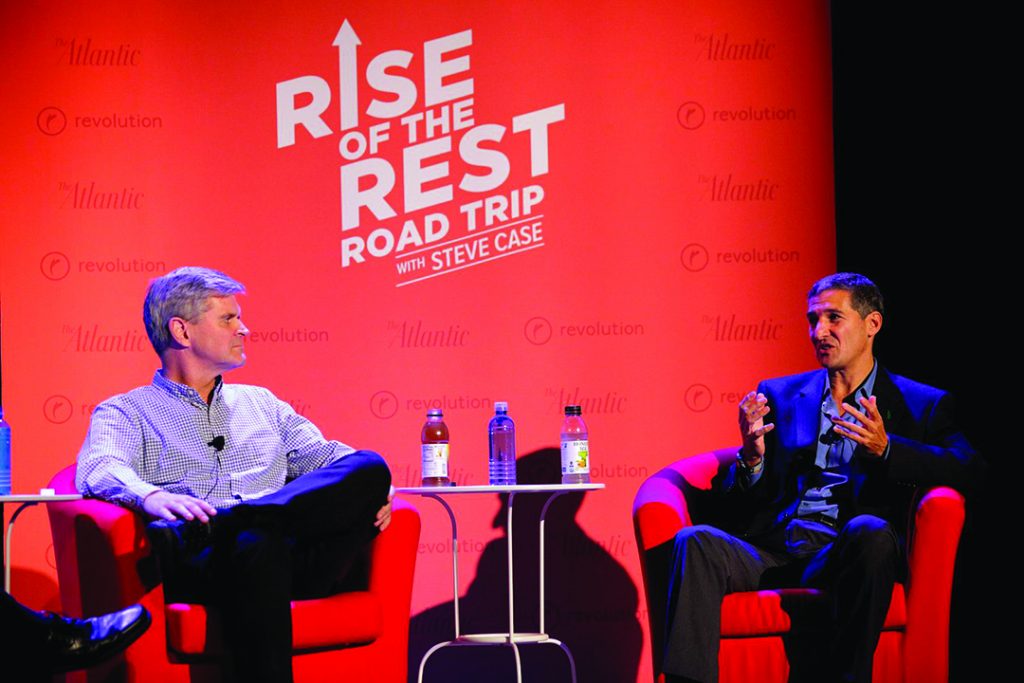
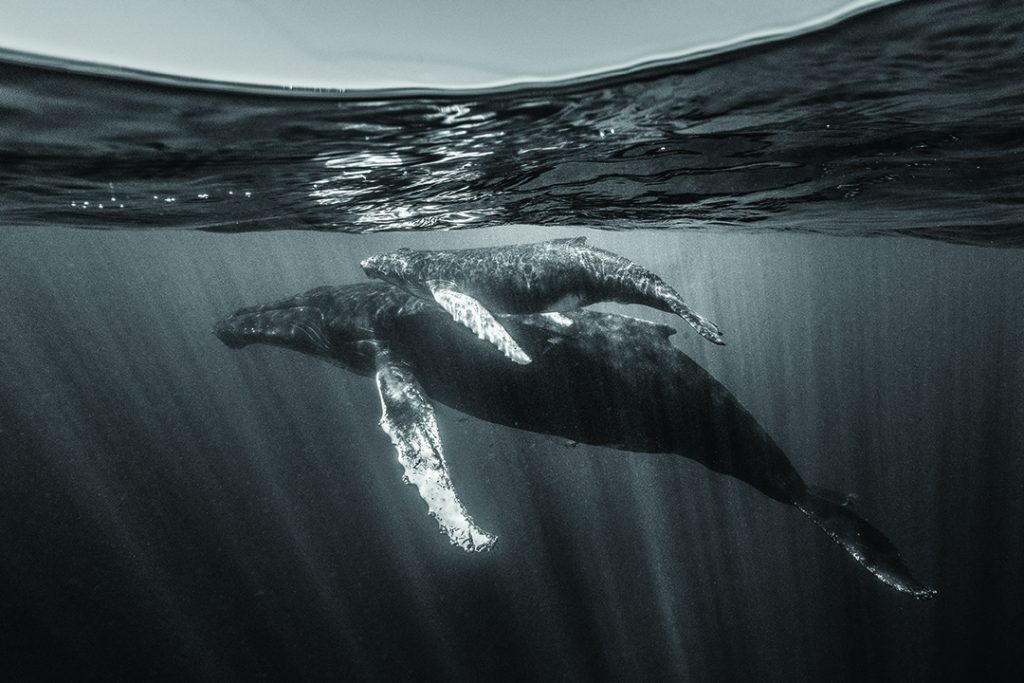
Responses